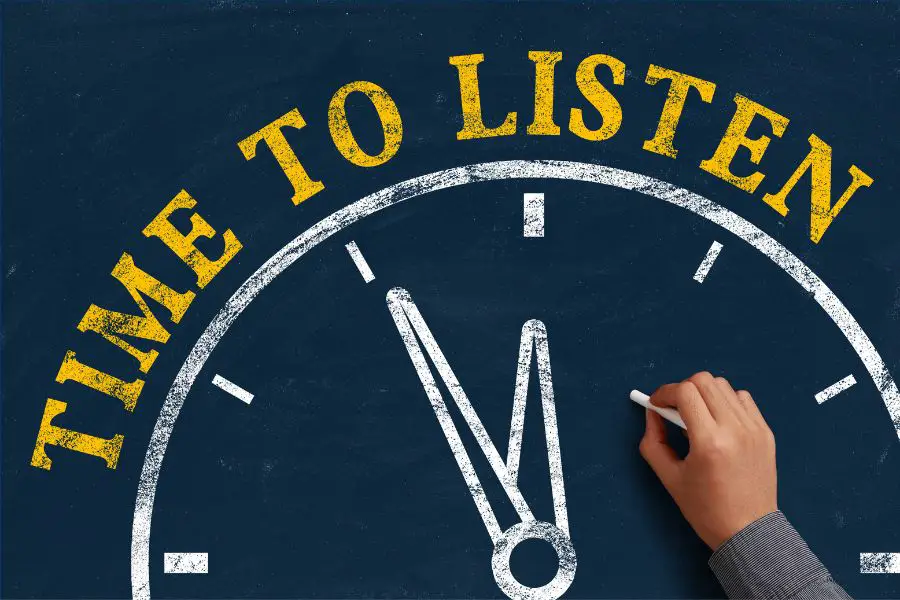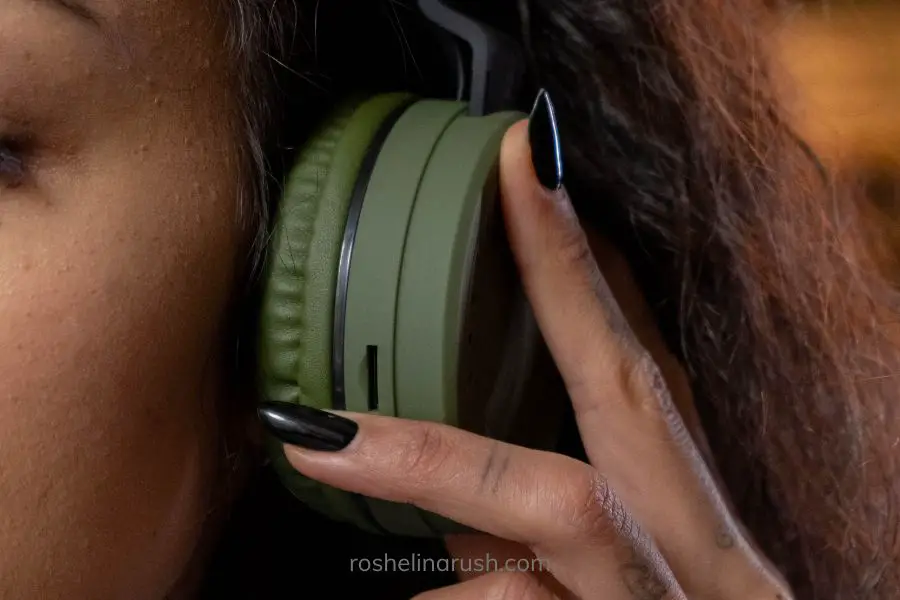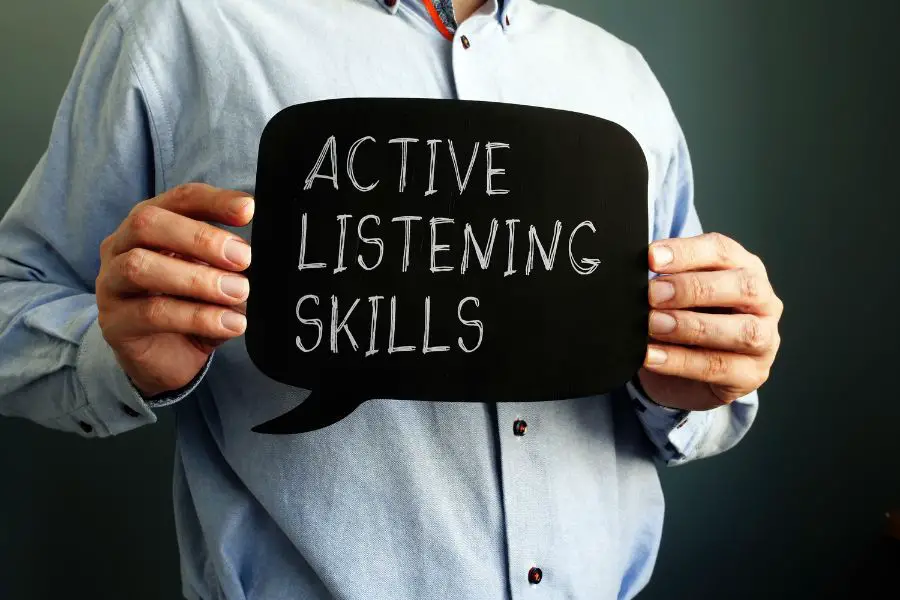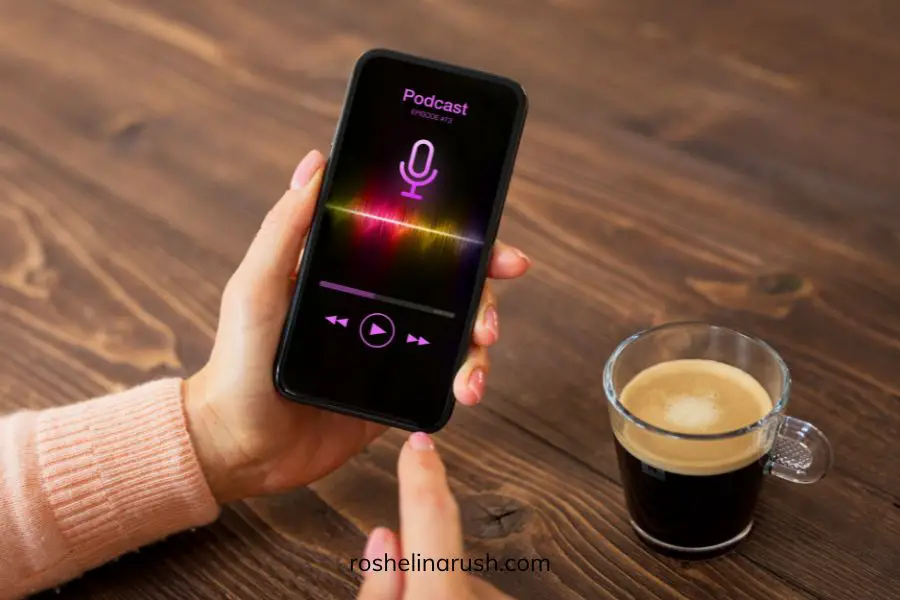If you're a university student, you and I know only too well that studying can be challenging and stressful.
By getting to grips with your auditory learning style and using study techniques tailored to it, you may find studying more enjoyable and even become a better learner!
As an ex-student myself, I've spent over 10 years experimenting with the most common learning styles
Auditory learners benefit from hearing material out loud for them to understand and remember it.
If this describes how you learn best, then read on for some of my best tips that will help you smash your study goals!
So let’s get the short answer first before we get in deeper.
This post is all about audio learners and the auditory learning style.
AUDITORY LEARNING STYLE

Auditory learners retain information best when it is presented through sound, such as group discussions, podcasts, and lectures. They excel in environments rich in sound and can easily pick up on auditory cues like pitch and tone. There are several free online quizzes available to determine if you have an auditory learning style.
So now that we’ve got the takeaway covered and can understand a little more easily about auditory learning styles, let’s start off by finding out some background.
What is auditory learning?

Studies have proved that no two people learn in the same way! So it’s no surprise to discover that according to The VARK model, there are 4 main learning styles.
1. (V) Visual learning style (for visual learners)
2. (A) Auditory learning style (for auditory learners)
3. (R) Reading/ Writing style
4. (K) Kinesthetic learning styles (for kinesthetic learners)
Ok, so now that we've identified the main types of learners, experimenting with each of these individual learning styles is a good way to discover your primary learning style so you can study easier and ace your exams.
Auditory learner definition
Auditory learners are students who learn best through hearing and positively thrive in environments rich in sound and verbal stimuli.
They often have excellent listening skills and can easily pick up on pitch, tone, and other auditory cues.
Auditory learners tend to remember new things or new information best when it is presented through auditory means such as sound, group discussions, podcasts, and lectures.
As a quick example, think back to the last time you had a lecture and the lecturer was discussing a challenging topic.
Did you find yourself taking notes, or were you attentive and engaged in their words?
If you're not sure whether you're an auditory learner, think about how you prefer to learn.
Do you enjoy listening to lectures or podcasts? And do you find it easy to recall information you've heard before?
If so, your unique learning style might fit well with auditory methods of study.
“Auditory learners tend to remember information best when it is presented through sound.”
History of auditory learning style

Historically, auditory learning has been practised since ancient times.
Philosophers such as Aristotle, Plato and Socrates guided their students through discussion and lectures.
However, it wasn't until the Middle Ages that auditory learning developed into the kind of learning style that became the backbone of education.
With more schools than ever being built during this time, there was an all-time high demand for education.
Students' learning was heavily based on listening to lectures and then following up with note-taking in their own words.
The result was the lecture-based education systems that exist in schools, colleges and universities across the globe today.
Many teachers provide students with recorded lectures for their home-based study for access at any time, building on this specific learning style.
This led to more development in our education system. Many researchers began to study different learning styles where auditory was recognised as one of the most important ways to impart crucial information.
This realization led to the development of a variety of learning tools and resources to help auditory learners, such as audiobooks, podcasts and online lectures.
How has Auditory learning worked with technology?

Auditory learning style has also played a significant role in our modern world and contemporary learning.
Voice assistants, such as Siri and Alexa, have made it easier and more accessible for anyone to process and retain information through the commands of the voice.
Alongside the everyday devices we are so familiar with these days, artificial intelligence and machine learning algorithms are also making significant strides in developing speech recognition and text-to-speech technology.
This is helping to bridge the gap between visual and audio-based information processing.
So is there a way to know if this is one of the best styles of study for you? And is there a way to discover if using the power of sound can help you study better?
“Auditory learning style has also played a significant role within our modern world and contemporary learning.”
How do I know if I’m an auditory learner?

One of the easiest ways to discover whether or not you vibe with an auditory learning style is to take a quiz.
There are several free online tools available that can provide you with insights into your learning
Try:
Alongside taking a quiz, you could start to be aware a little more when you are studying how you more easily learn, or take notes to help you discover more.
It could be that you discover that you are more connected during group discussions or lectures rather than simply studying from your notes or a textbook, and that you find yourself able to remember more information if you read it aloud.
So how do you incorporate this powerful learning style into your everyday study routine?
Read on to find out more!
5 Best Auditory Learning Tips

If you are an auditory learner, there are several auditory learning strategies that can help you learn more effectively.
Here are 5 of my best auditory learning hacks:
1. Listen to audiobooks: Audiobooks are a great way to engage your auditory learning style outside of the classroom. You can listen to them while you're commuting, working out, or relaxing at home.
2. Record lectures: If you find yourself struggling to take notes during a lecture, try recording it instead. The audio recordings will allow you to listen to the lecture again later, and take more detailed notes at your own pace.
3. Participate in discussions: Try participating in group conversations or class discussions to help solidify your understanding of a particular topic. Auditory learners often thrive in settings where they can engage in verbal communication
4. Study in quiet spaces: While auditory learners thrive on sound, too much background noise can be distracting. Instead, try studying in a quiet space where you can listen to your own recordings or verbalize your thoughts without being interrupted.
5. Use mnemonic devices: Auditory learners may find it easier to remember information if it is presented in a catchy or unusual way. Try using mnemonic devices like songs (E.g. an alphabet song), rhymes, or acronyms to help you remember complex information.
Final thoughts on Auditory Learning Style

With discipline, dedication, and perseverance, you have the power to leave a profound impact on both yourself and your academic journey!
Discovering and embracing your auditory learning style can prove to be one of the best ways to excel and master new concepts, ideas, subjects, or even perhaps a new skill.
Each individual has their own unique way of learning, and for auditory learners, verbal instructions and sounds play a crucial role in the learning process.
They are good listeners who process information effectively through oral instruction, making group projects and social interactions a great way for them to thrive in their educational experience.
To enhance your auditory learning skills, consider incorporating various strategies such as using voice recordings, video clips, or even background music like classical tunes or white noise, which can provide an excellent way to focus.
Creating a study group where discussions, Q&A sessions, and active listening take place can also be beneficial.
For those who identify as auditory learners, your note-taking method can be centered around sound waves, and musical instruments may serve as aids in the learning process.
Taking a closer look at the characteristics of an auditory learner can help you better grasp your own way of learning and make the most of it.
Remember, don't be too hard on yourself during your university studies; the learning experience can be challenging for everyone. However, with the new ideas on auditory learning, you can excel and embrace this style to your advantage.
You never know; you just might find your preferred learning style that helps you enhance your love of learning, even outside of a traditional school environment.
If you need further advice on achieving your study goals, head over to my blog for helpful hints, super study hacks, and effective ways to make the most of your study time.
Happy learning!
This post was all about auditory learning style.
Other posts you may like:
If you found this article on Auditory Learning Style helpful,
✅VARK Read/Write Learner: How it can Smash your Study Goals







